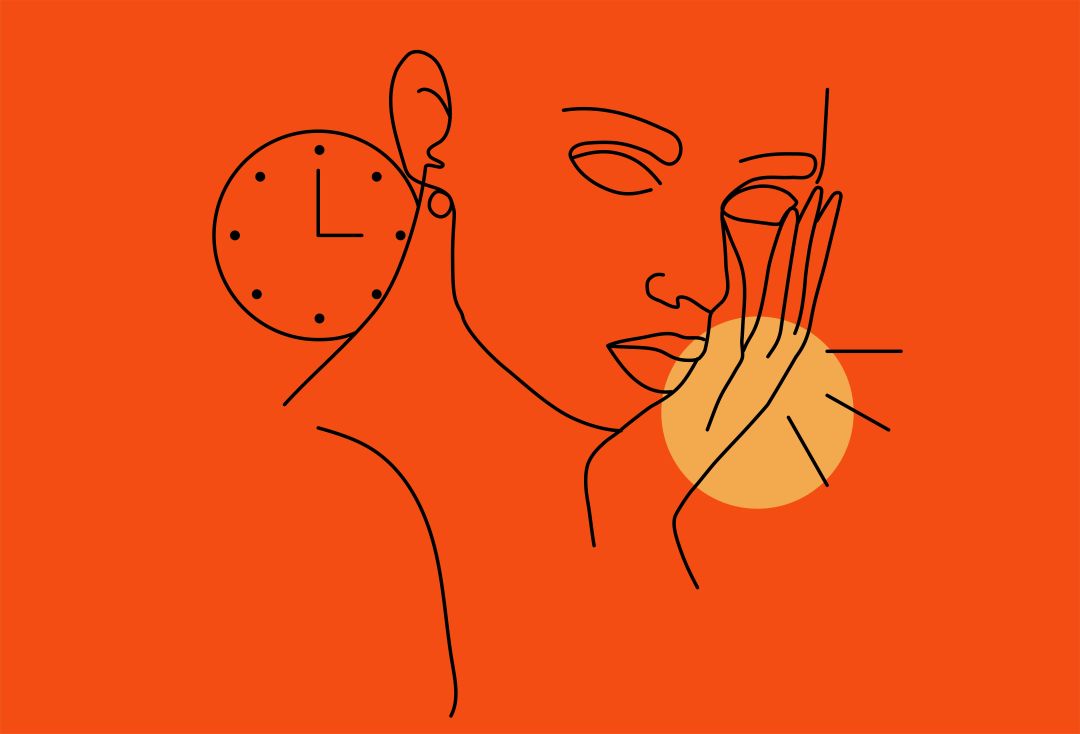
IMAGE: KARI PERRIN
So you came down with the flu and you are finally feeling better, but you still have a pesky lingering cough and runny nose. Are you still contagious? Can you return to work, school and all those holiday parties you have planned without infecting others?
Infectious disease specialist and CAN Community Health medical director Dr. Tanya Schreibman answers our questions about contagiousness and how we can safely navigate the holiday season.
When do you become contagious with the flu?
“You are theoretically contagious for 24 hours before you experience symptoms,” says Schreibman. “This might be scary for some people, because they don’t know they are sick and going out and about. But it’s common to be spreading germs before you even feel sick.”
How long are you contagious for?
“It depends on the person, but the highest rate of contagious period would be three to four days while symptomatic,” says Schreibman. “From symptom onset to three to four days, you are most critically contagious. But on average, you remain contagious five to seven days after becoming sick.”
Are you still contagious if you have a lingering cough or runny nose?
According to Schreibman, that is hard to say. Any flu symptoms can last as long as one to two weeks. And, “theoretically, during that time, you could still be contagious, especially kids and those with a weakened immune system,” says Schreibman.
So, you can still be contagious with a lingering cough or runny nose, but for no longer than two weeks. This is why Schreibman advises that people should err on the side of caution, especially with Covid-19 still a concern.
“I’ve noticed in my work that people are more cautious,” says Schreibman. “It’s tricky when you have kids in school, like I did. You never want to send kids to school with a runny nose these days, since everyone is being cautious. It can be difficult to determine when to send them back, but use your best judgment and seek advise from your doctor.”
How is the flu spread? Is it different or similar to Covid-19?
“Both are spread similarly, through droplets in the air when an infected person sneezes, coughs or talks without a barrier, like a mask or face shield,” says Schreibman. “The flu virus can travel up to six feet, so if you are in the same room as a sick person, breathe the same air or even touch a contaminated surface, you are at higher risk of infection.” This slightly differs from the Covid-19 virus, which studies have shown you are less likely to catch through touch.
Are you less contagious if you’ve received the flu vaccine? Can you still get the flu after vaccination?
According to Schreibman, you can absolutely get the flu even when vaccinated, but information on the efficacy of this year’s shot is not yet known. And if you can still contract the flu, you are still just as contagious to others.
“The vaccine could help mitigate or lessen symptoms, but not level of contagiousness,” says Schreibman.
Have Covid-19 measures also worked at reducing influenza numbers this year?
The number of flu cases dropped last year because of all the measures put in place to prevent Covid, like mask wearing and social distancing. Now that many of those rules have been eased, there’s a higher risk of a flu spread, according to Schreibman’s analysis of recent data.
“Organizations like the Centers for Disease Control and Prevention will continually update flu numbers,” says Schreibman. “Right now, it’s showing low levels nationwide, but it is on the rise.”
If you get the flu, when should you be healthy enough to return to work, school and festivities?
“The CDC recommends that when recovered from the flu, you can return to work or school 24 hours after symptoms disappear or after fever is gone without the use of medications like ibprofen or acetaminophen,” says Schreibman. “Four to five days after symptoms have started, on average, is when people can return to work safely.”
However, Schreibman warns that levels of contagiousness can vary from person to person. She advises staying on the safe side: staying home, working from home and using telehealth and Zoom.
[“source=sarasotamagazine”]
